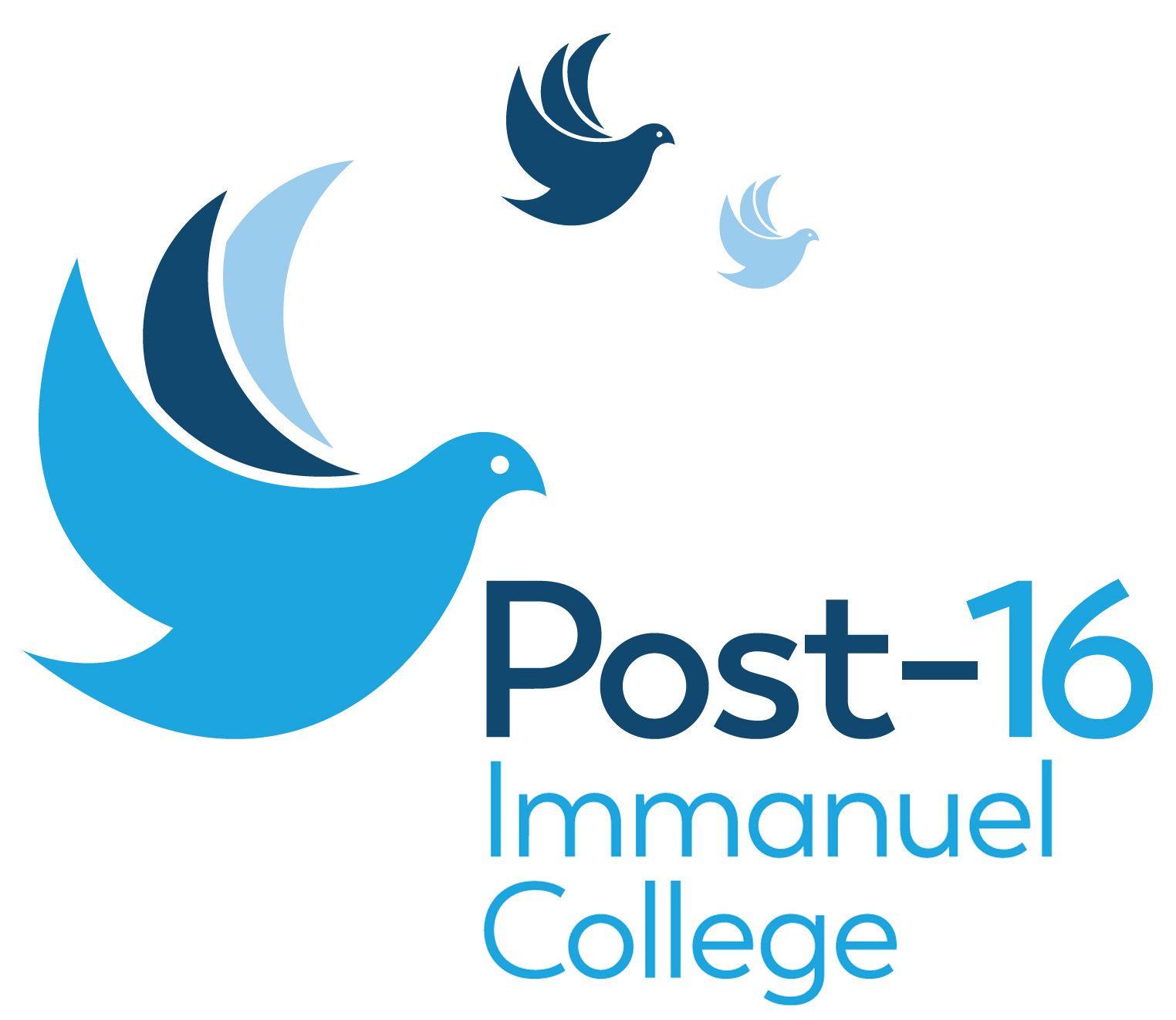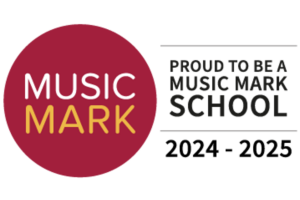
- Overview
- Welcome from the Headteacher
- Post-16 Team
- Admissions
- Post-16 Prospectus
- Subjects
- English Language & Literature
- English Literature
- Maths
- Further Maths
- Biology
- Chemistry
- Physics
- Applied Science (Applied General)
- Art
- Criminology (Applied General)
- Drama & Theatre
- Film Studies
- French
- Geography
- History
- IT (Applied General)
- Law
- Law (Applied General)
- Media Studies
- Music
- Music (Applied General)
- National Extended Certificate in Uniformed Protective Services (Applied General)
- Philosophy, Theology, Ethics - Religious Studies
- Photography
- Psychology
- Sociology
- Spanish
- Sport (Applied General)
- Technical Business (Level 3 - Extended Certificate)
- Travel and Tourism (Applied General)
- Hospitality (Level 2)
- Leadership through Sport (Level 2)
- Public Services (Level 2)
- Employability
- Maths and English GCSE Resit
- Student Leadership
- Results & Student Progression
- Trips & Opportunities
- Charity Work
- Our Facilities
- New Build
- Enrichment
- FAQs
- Exams Information
- Year 10 Information Evening
- Go Higher West Yorkshire
Applied Science (Applied General)
Why choose this subject?
No matter what career you are considering, the BTEC National Diploma in Applied Science will open the door to a world of potential.
Studying Applied Science will allow you to gain an insight into the scientific processes and principles that guide modern developments within the scientific field. Students will develop the analytical, research and experimental skills to extend their understanding of science and prepare them for further study in a scientific discipline.
Students will undertake numerous scientific investigations, interpreting their results and applying scientific concepts to everyday life. Students then have the opportunity to take on the role of a scientist, critically analysing their experimental conclusions and comparing to current scientific research. Alongside developing these skills, students will advance their understanding of human health and disease, chemical analysis and communications using waves.
What will you study?
Year 12
- Principles and Applications of Science
- Practical Scientific Procedures and Techniques.
Year 13
- Science Investigation Skills
- Biological Molecules and Metabolic Pathways.
How is this course assessed?
Throughout this course assessments will be conducted based on coursework and an examination will take place at the end of Year 13.
![]()
Science Intent
The science curriculum at Immanuel has been structured to embed a broad range of scientific knowledge and understanding in young people, giving them a deeper knowledge of the ever-evolving scientific and technological world around them6.
There are opportunities for students to enjoy hands on experience and develop practical skills within and outside the classroom through enrichment. We develop students’ passion for science by connecting with the reality of their lives and experiences, appreciating their value and highlighting their relevance to science. We endeavour to spark curiosity by challenging pupil perceptions of science in the wider world and promoting students’ scientific literacy by encouraging critical thinking. We challenge all students to raise their hopes and aspirations to be indispensable in the workplace and everyday life in this advanced technological age and understand how to make healthy lifestyle choices. Diversity is at the heart of everything we do, and a range of inclusive scientists are referenced throughout the curriculum promoting access for all.
Their study of science allows them to be prepared for their life journey including: Perseverance, securing their understanding of new technologies and the impact human activities have on the environment around them such as discovery of the microscope, the structure of atoms, products from crude oil and their associated implications. Using a science capital approach to engage students in topics that are relevant to their development in everyday life and so that they see the importance of this knowledge. Nurturing academic habits such as interpretation, evaluation and analyses to provide our students with real competencies to succeed in the modern world.
Our curriculum develops students’ character by fostering confidence, awe and wonder with phenomena such as: Why do flowers smell nice; why satellites don’t fall, but apples do; how organisms change over time; why we rely on microbes for survival. Encouraging students to critically consider the emerging moral issues and form knowledge-based opinions such as the use of embryos in research, the effect of human activities on biodiversity, animal welfare and selective breeding, use and abuse of natural resources. Encouraging students to engage in healthy debate, knowing how to use facts, evidence and knowledge and knowing how to listen and critically consider other viewpoints such as opposing views on vaccination programmes; evidence for and against climate change; the challenge of balancing human needs with those of the natural world.
Through a love of science students are inspired and have hope, offering pathways that foster confidence in countering social disadvantage and expanding horizons and aspirations to increase social mobility9.
6 Psalm 24:1– ‘The earth is the Lord’s and everything in it’
9 John 10:10 – Jesus said, ‘I have come that they may have life and have it abundantly.’
Subject Maps
Curriculum Plans
What next?
Studying Applied Science provides a gateway to many university courses related to science, forensics, healthcare, sport science, nursing, physiotherapy, radiography and medical science.
Throughout the course, students will develop analytical, problem-solving and communication skills; these transferable skills are highly desirable and set students up for success in the world of work or further education.








